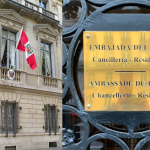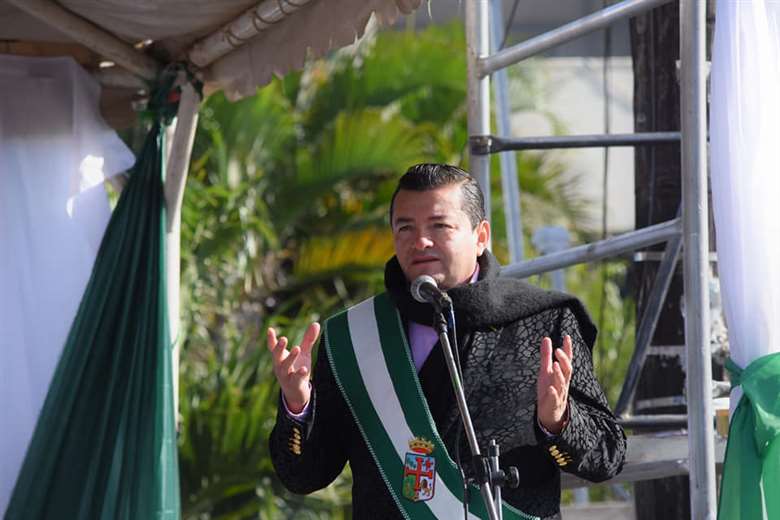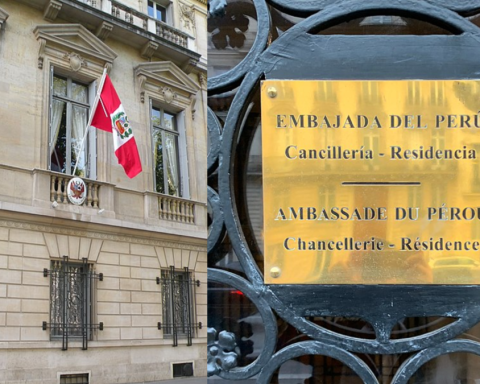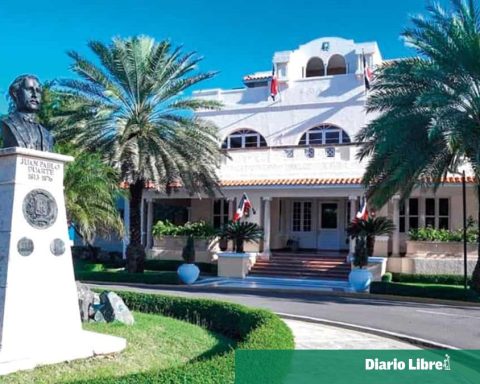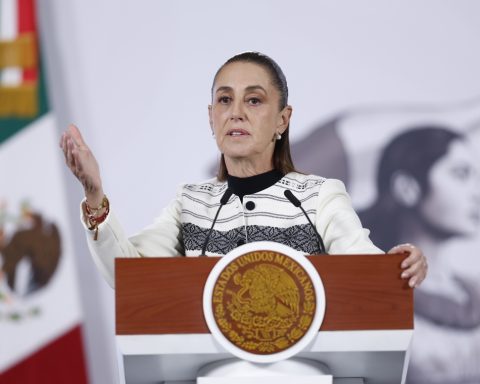The main difference between the crime of racial slur and racism is to whom the offense is directed. This Friday (20), the internal affairs department of the São Paulo City Council approved the opening of disciplinary proceedings against councilor Camilo Cristófaro (Avante) for a racist phrase he said in a session of the House. THE Brazil Agency spoke with the president of the Racial Equality Commission of the São Paulo Bar Association of Brazil (OAB-SP), Irapuã Santana do Nascimento da Silva, who explained the difference between the criminal typifications.
“If you have an offense directed at one person or a particular group of people, that you can single out those people, it’s racial slur. When you have a large number of people without being able to individualize them, if you commit this offense to an entire community, you have the crime of racism. In the case of the councilor, as he says that it is a black thing, this ends up bringing offense to the entire black community, which is more than 100 million people”, explained the president of the commission.
On the 3rd of May, Camillus Cristófaro remotely participated in a session of the Parliamentary Commission of Inquiry (CPI) on Applications, at the São Paulo City Council. As the councilman’s microphone was open, the audio of his speech with another person ended up leaking to the meeting: “They didn’t wash the sidewalk, it’s black, right?”, was the phrase heard during the session.
Irapuã Santana do Nascimento da Silva adds that the penalty for the two crimes is the same, from one to three years of detention. The difference is in the treatment of racial injury as a crime that can be bailed and can be prescribed, which does not apply to cases of racism. The lawyer explains, however, that this confusion originated in 1997 when the crime of racial slur was included in the Penal Code, and not in the law on crimes of racism, Law 7,716, of 1989.
“As the crime of injury is provided for in the Penal Code, people said: look, if it is outside the crime of racism law, it cannot be placed as an imprescriptible and non-bailable crime. That’s where this differentiation came from, but, in fact, if we were to take everything at the origin, everything was equal”, he pointed out. In 2021, the Federal Court of Justice (STF) decided, in a specific case, that the crime of injury is not time-barred.
“The Supreme Court made this judgment within a process that was habeas corpus, then this type of judgment does not radiate to other matters, it only creates effects for that process. There is now the action, which is the Direct Action of Unconstitutionality, which is precisely to put this understanding to the entire legal system. For now, it remains the same: racial slur is bailable and time-barred; and the crime of racism is imprescriptible and non-bailable”, pointed out the OAB representative.
Another way to equate the crime of racial slur with that of racism is the approval of a law in the National Congress. This week, the Federal Senate approved a bill with this understanding. “He [projeto] it needs to go to the Chamber to go through the legislative process, voting, deliberation and from there it goes to presidential sanction or veto. Basically, we would have this correct interpretation, that the crime of injury is a kind of crime of racism and, for that reason, it would be non-bailable and imprescriptible.”
The bill being voted on in Congress also sets out to increase the sentence to two to five years and that offenders are banned for three years from participating in sporting, artistic and cultural events.
The lawyer reinforces that different types of evidence can compose a process of racial injury or racism. “All possible ways of demonstrating that that fact occurred can influence the judgment of the case. Sometimes, you don’t have complete proof, but there is evidence. Witness, video, audio, photo, one postanything in this sense will serve as an element for the magistrate, when judging the case, to be able to convince himself that that criminal fact occurred and from there to apply the penalty.”
In the case of the São Paulo councilor, in addition to the administrative process, he can be held criminally liable for the practice of racism. “It would even be appropriate to take a public civil action for damages for him to repair the violation that occurred with offense in relation to the whole community”, evaluates Silva. Cristófaro denies that he was a racist and referred to the episode as a “joke” in response to the Brazil AgencyIn this ocasion.







